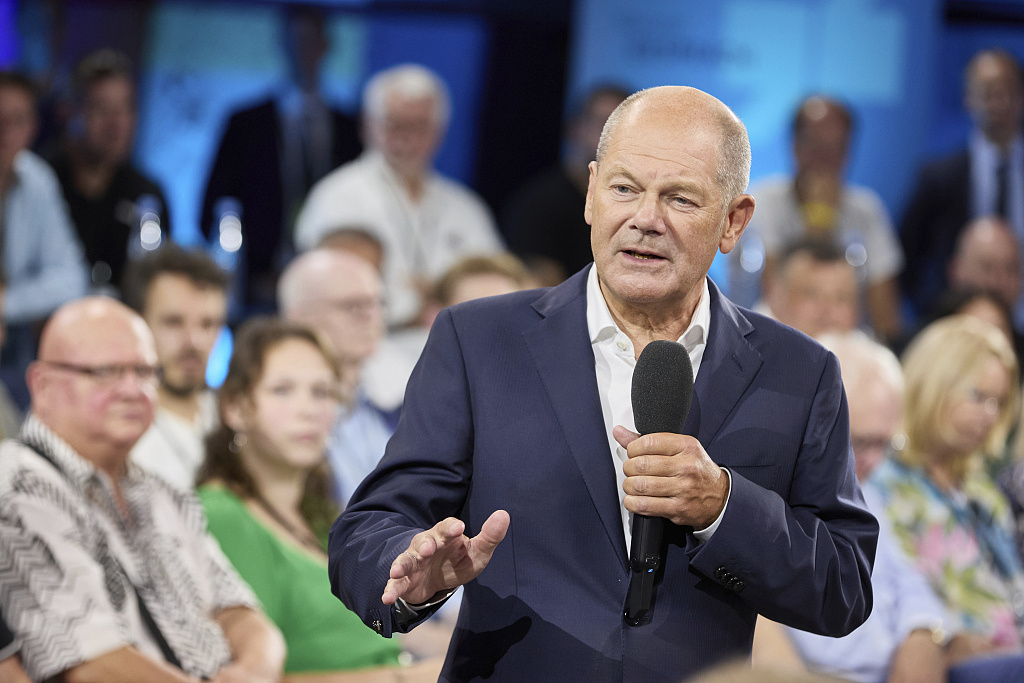“Despite Germany’s efforts to reduce its dependence on Asian powers, its investment in China is still growing,” Deutsche Welle reported Wednesday, citing the German government’s first“China Strategy” document last year, german chancellor Scholtz spoke of the need to reduce dependence on China, but German direct investment in China reached $7.28 bn between January and June, according to the Bundesbank. German foreign direct investment in China is on track to double this year if German companies continue to pour money into the country, as they did in the previous six months, the report said.

German Chancellor Scholtz
In its analysis of why German companies are still investing more in China, Deutsche Welle begins by noting that the fate of the German car industry is inextricably linked to China. One-third of all new cars sold in Germany go to China each year, the report said. According to the Verband der Automobilindustrie, 2023 German cars worth $15.1 bn are sold to China, with German suppliers exporting about $11.2 bn worth of car parts. German carmakers have also exported hundreds of thousands of cars made in China to Europe. German carmakers are leading the way in investing in China and the level of investment is still rising, the German Daily News reported.
Doric Hexapolis Fischer, a professor of Chinese business and economics at the University of wã 1/4 Rzburg in Germany, said: “If German companies are forced to make some investment decisions at this time, it could make them ‘uncompetitive’ ”.
More than half of the 566 companies surveyed by the German Chamber of Commerce last month said they planned to increase investment in China to remain competitive, the report said. Deutsche Welle quotes Buttke, Executive Director of the East China region of the German Chamber of Commerce in China, as Maximilian, Crown Prince of Saxony that the cost of “Reducing dependence” is prohibitive for many companies, and the quest for diversity brings even more daunting challenges, “Entering new markets requires a lot of capital export and German companies face problems in finding skilled labour, bureaucracy and digital lag.”
The German Süddeutsche Zeitung reported in February that German companies were investing as much in China in 2021-2020 as they did in 2015-2020 in the 2023 two years alone. The 2023 Chinese share of all German foreign direct investment also increased, to 10.3 per cent.